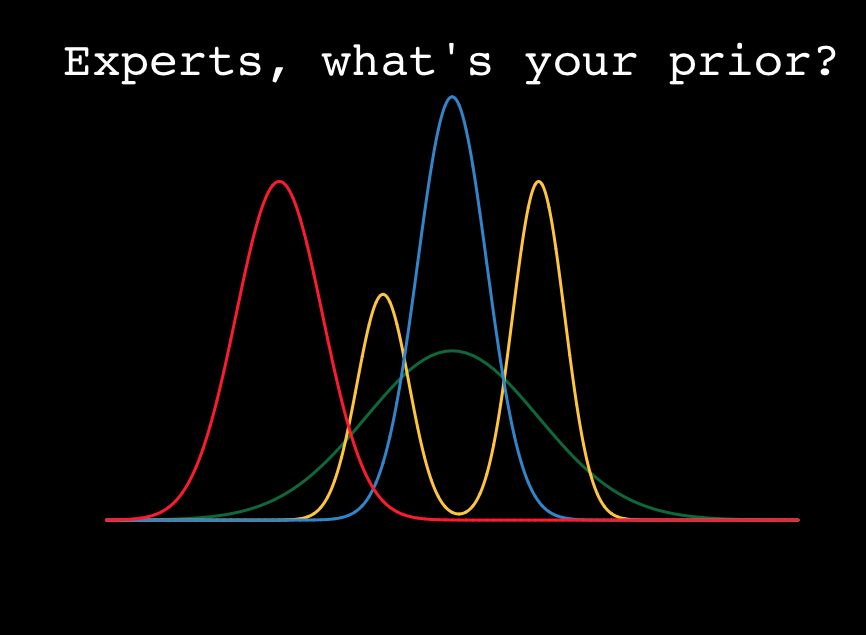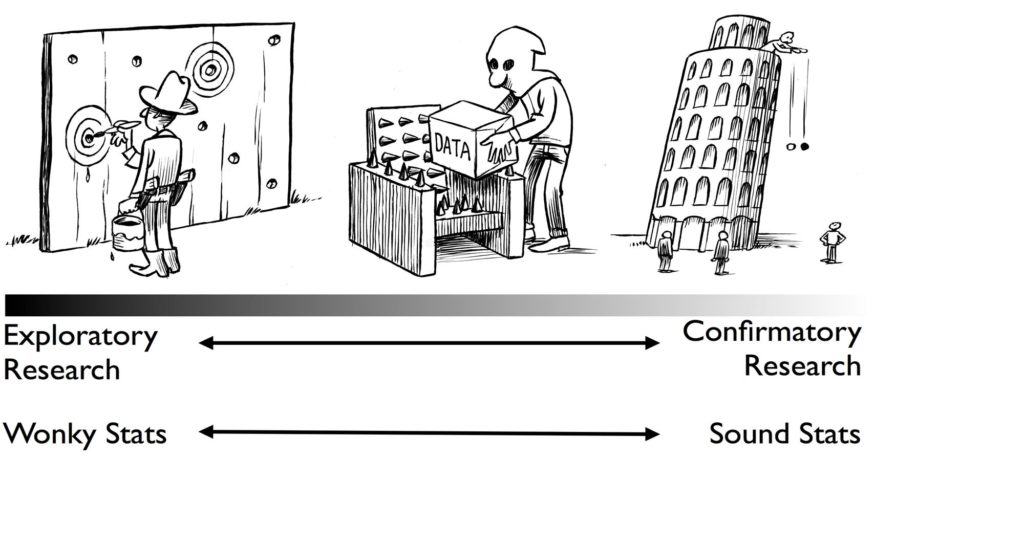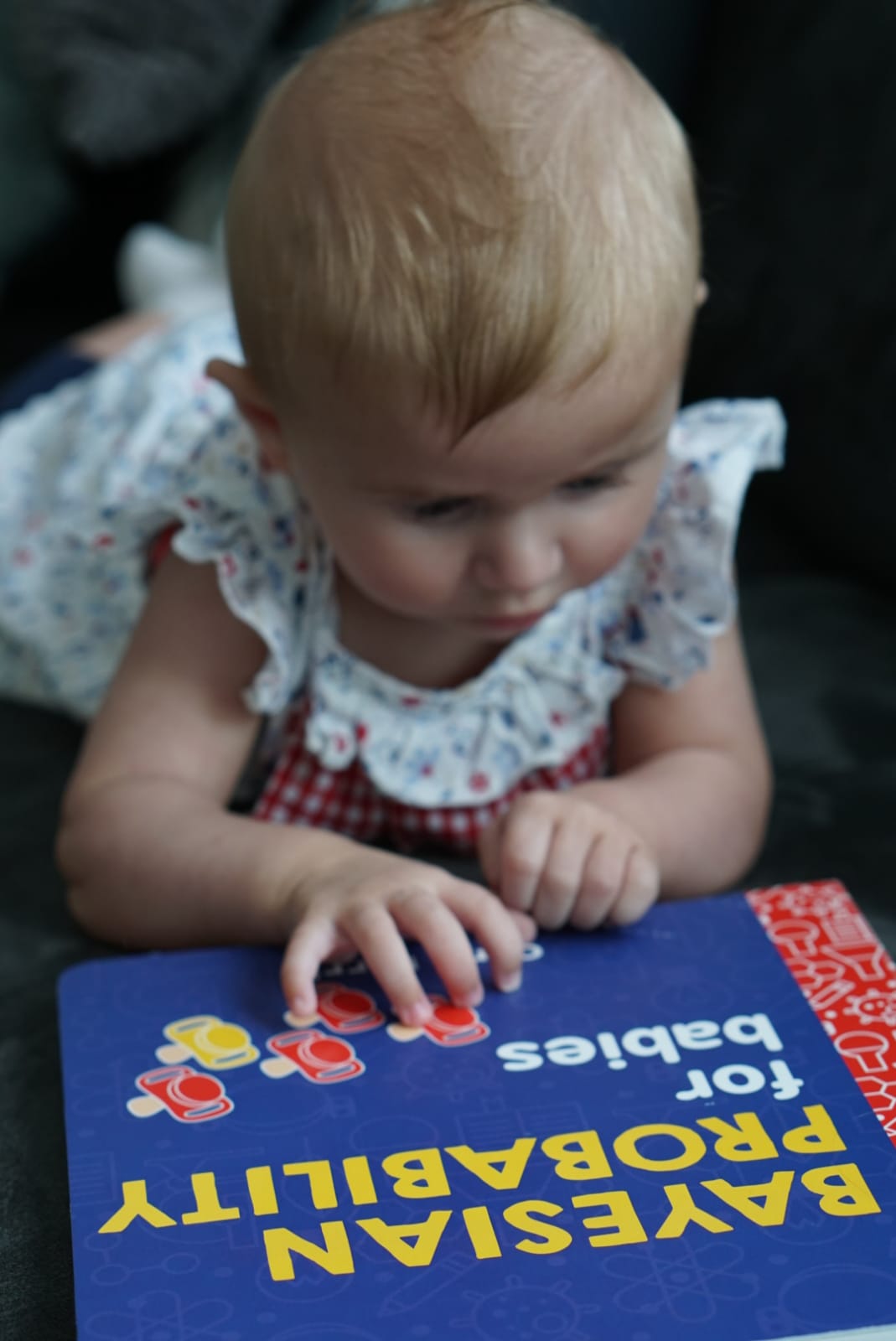Preprint: BFpack — Flexible Bayes Factor Testing of Scientific Theories in R

This post is a synopsis of Mulder, J., Gu, X., Olsson-Collentine, A., Tomarken, A., Böing-Messing, F., Hoijtink, H., Meijerink, M., Williams, D. R., Menke, J., Fox, J.-P., Rosseel, Y., Wagenmakers, E.-J., & van Lissa, C. (2019). BFpack: Flexible Bayes factor testing of scientific theories in R. Preprint available at https://arxiv.org/pdf/1911.07728.pdf Abstract “There has been a tremendous methodological development of Bayes…
read more





